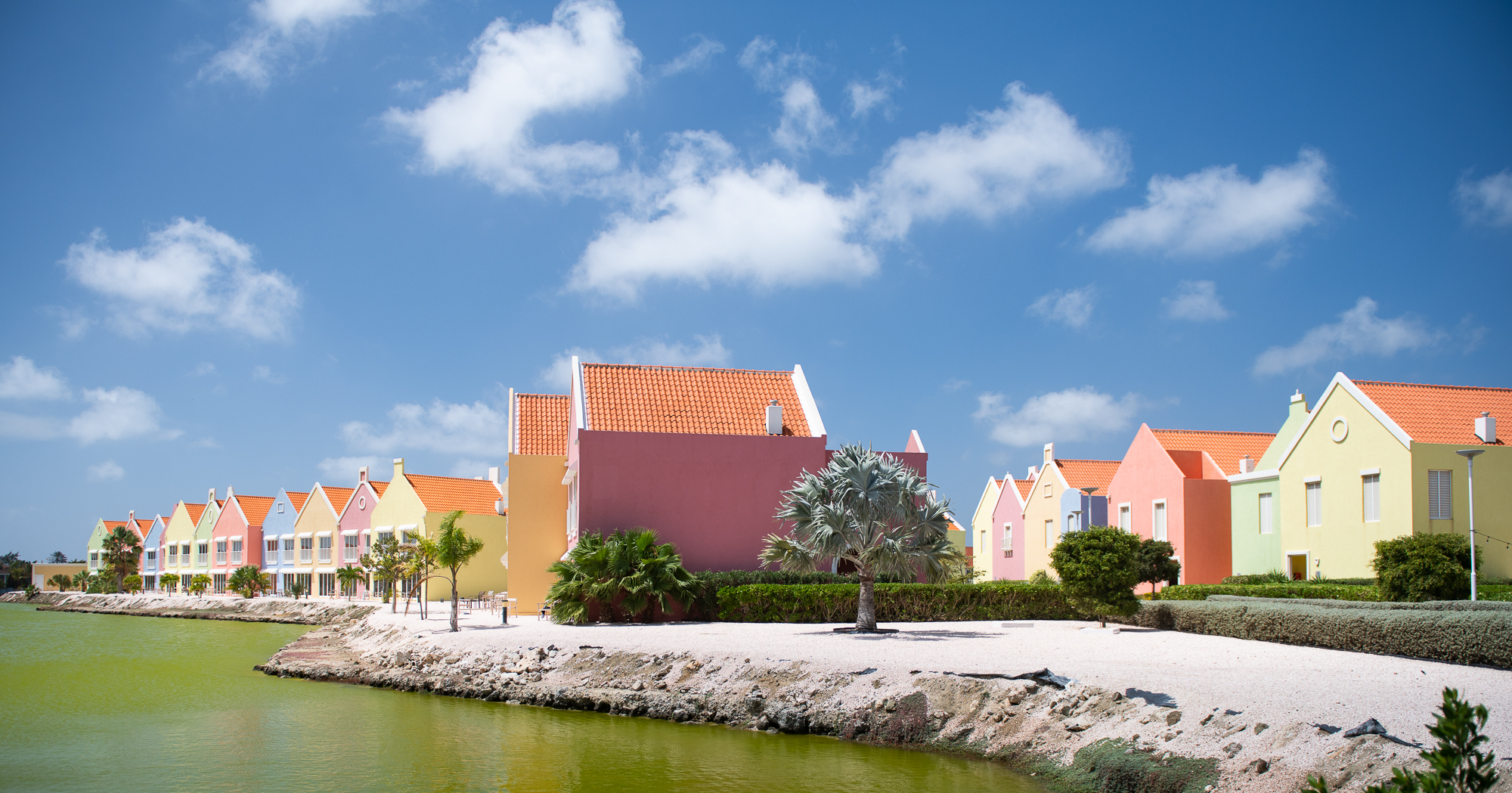On December 17, 2024, the Bonaire Island Council decided to draft a housing ordinance. The basic principles of the Island Council are – in short – to intervene in the housing market of Bonaire by introducing a housing permit for houses with a limit of 175% of the mortgage guarantee (USD 533.750). A person is only eligible for a housing permit if there has been 5 years of continuous residency in the past 10 years, or if there is a social tie in accordance with the definition of island children and other social ties at the discretion of the Island Council. It is very much the question if such a housing ordinance is established whether it will hold up in court.
When can a Housing Ordinance be introduced?
The BES Housing, Spatial Planning and Environmental Management Act (BES VROM Act), has a provision stating that in the interest of a balanced and just distribution of housing accommodations, a housing ordinance may be established. In doing so, the Island Council may designate categories of housing that may not be sold or given into use for habitation to people without a housing permit.
When the law was introduced, it was considered that if there is a shortage of low-cost housing, it is conceivable that a housing ordinance could regulate part of the owner-occupied market. This may be the case, for example, if an influx of people from abroad disrupts the housing market. That could be an imbalance causing a shortage of affordable housing for people who are socially or economically bound to the islands.
It may be a new instrument on Bonaire, it is the first time that the Island Council chooses such a far-reaching and invasive instrument, but the provision in the BES VROM Act are based on the Dutch Housing Act. This Dutch Housing Act has been the subject of much litigation in the Netherlands. According to case law a demarcation which houses fall into a category that will be regulated should always be aimed at preventing scarcity in the low-cost part of the housing market. After all, it is a strong restriction of the property rights of homeowners: it is no longer possible to determine to whom a property is sold. A curtailment of property rights always requires a proportionality consideration.
What are the principles according to the Island Council?
The Island Council has formulated far-reaching principles. Principles that may have serious and far-reaching consequences for realtors, developers, homeowners and home seekers. First, the Island Council states that homes with a 175% mortgage guarantee limit, currently USD 533,750 cannot be sold without a housing permit.
In order to obtain a housing permit, someone must have 5 years of continuous residency in the past 10 years on Bonaire, must have a social connection in accordance with the definition of island children or have any other – yet to be defined – social connection.
Furthermore, a self-occupancy obligation will be introduced:the buyer will be obliged to live in a house himself, for a certain period of time. For newly constructed houses there won’t be a self-occupancy obligation. However potential owners still need a housing permit..
What are the implications?
In practice this will mean that for housing below USD 533,750, no housing permit can be obtained if there is no buyer who has been residing on Bonaire continuously for 5 years or who does not have any other – as yet undetermined – social ties. This applies not only to existing houses, but also to newly constructed houses.
It is plausible that it will become impossible for many people who have lived on Bonaire for less than five years, or who want to buy a second home, to buy a house on Bonaire. In addition – although this is a question of a political nature – the question is whether it will be effective, if the core of the problem, as the Island Council also recognizes, is not addressed: too few houses are being built.
Will the Housing Ordinance uphold in court??
It is highly questionable whether an ordinance along the principles of the Island Council is legally tenable. A very high limit is chosen for the introduction of a housing permit (USD 533,750). Furthermore, it is conceivable that several people do have a social bond with the island, but do not qualify for the permit, for example because they have not lived on Bonaire continuously for five years in the past 10 years. Also, the question is whether this is not a disproportionate violation of the right to property, and the right to respect for a home. Questions that will also certainly need to be answered when the housing ordinance is established.
In practice, in similar cases in the Netherlands, it has proved very difficult to uphold such an ordinancein court. First of all, there are high requirements for substantiation of scarcity, high requirements for where a limit is placed (after all, it is aimed at protecting scarcity of cheap housing), whether it should apply to all residential areas, and there is a absolute necessity to actually mitigate those effects.
There is therefore a chance that it will not be possible to draw up a Housing Ordinance along the outline of the Island Council. If the Island Council choses to do so, then it is conceivable that point 8 of the outline “What are the costs for the OLB?” will have to be expanded to include possible liabilities. In addition, there is a good chance that the ordinance will be rendered inoperative just as happened with the partial nullification of the Waste Water Ordinance.
Conclusion
Given the major impact of the Housing Ordinance on developers, realtors, home buyers and sellers, we are keeping a close eye on developments.
Should you have any questions about the pending housing ordinance, please feel free to contact Paul de Lange, attorney at law, E: lange@vaneps.com, T: +599 717 7557.












